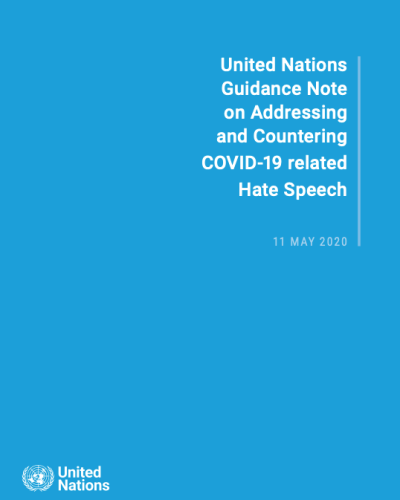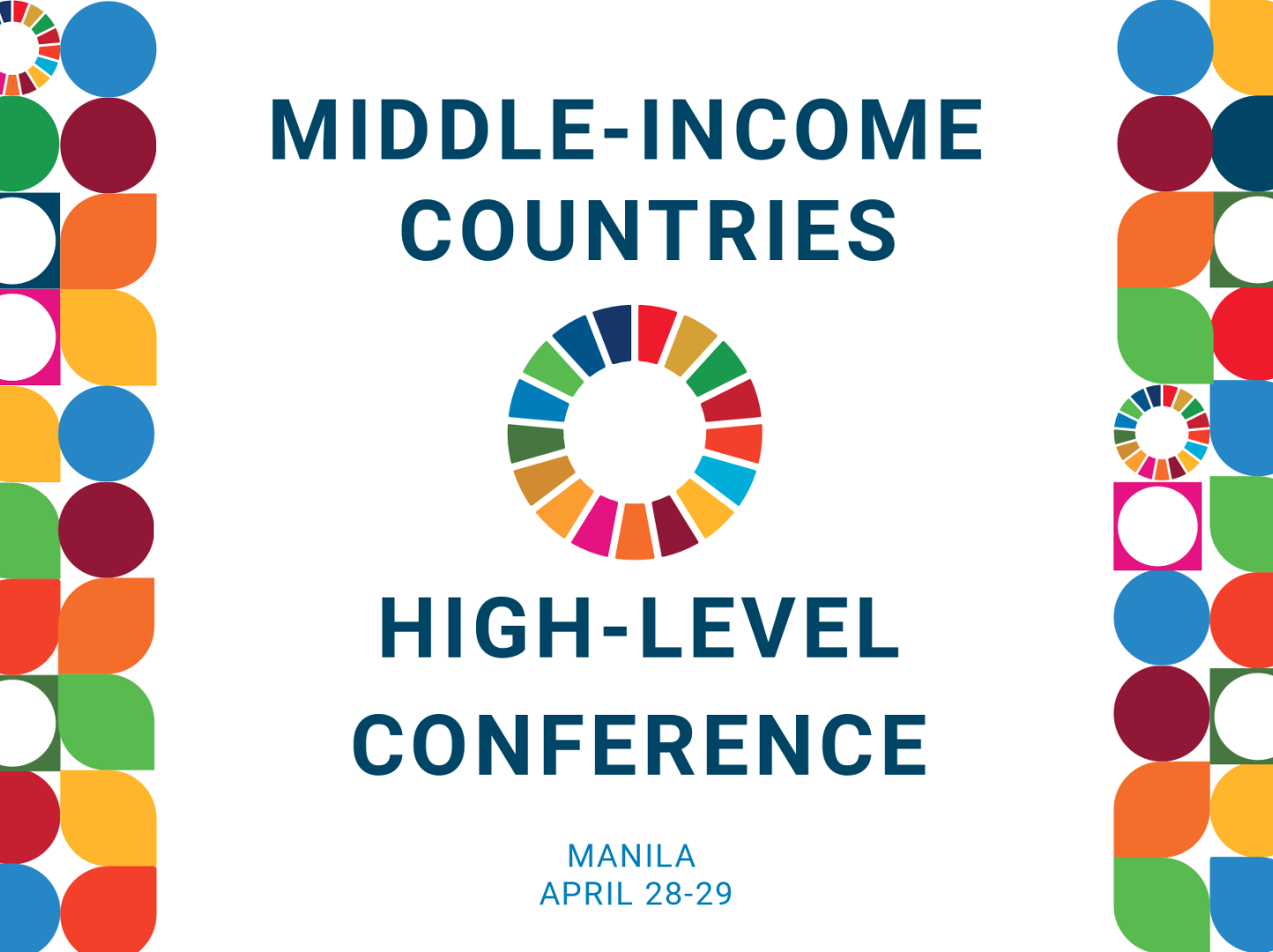UN guidance note on addressing and countering COVID-19 related hate speech

COVID-19 related hate speech has serious implications, both in the short and long term. It makes those targeted more vulnerable to violence, exposes them to political and social exclusion, isolation and stigmatization, inhibits them from expressing themselves and participating in public debate, and deters them from accessing medical care and other vital services. In so doing, it heightens the disproportionate effects of the disease on certain communities and exacerbates underlying social and economic inequalities, aggravates drivers of violent extremism while undermining the social cohesion, solidarity and trust necessary to effectively tackle the spread of the virus. It may also trigger social unrest and intergroup violence, possibly enhancing the conditions conducive to conflict and atrocity crimes. COVID-19 related hate speech may therefore pose a threat to the enjoyment of human rights, sustainable development and international peace and security.
As part of global efforts to respond to the pandemic, the international community needs to be more vigilant and remain unequivocal in condemning COVID-19-related hate speech, promoting messages of inclusion, acting in solidarity and on the basis of international human rights law, particularly freedom of opinion and expression and the right to equality and non-discrimination.





